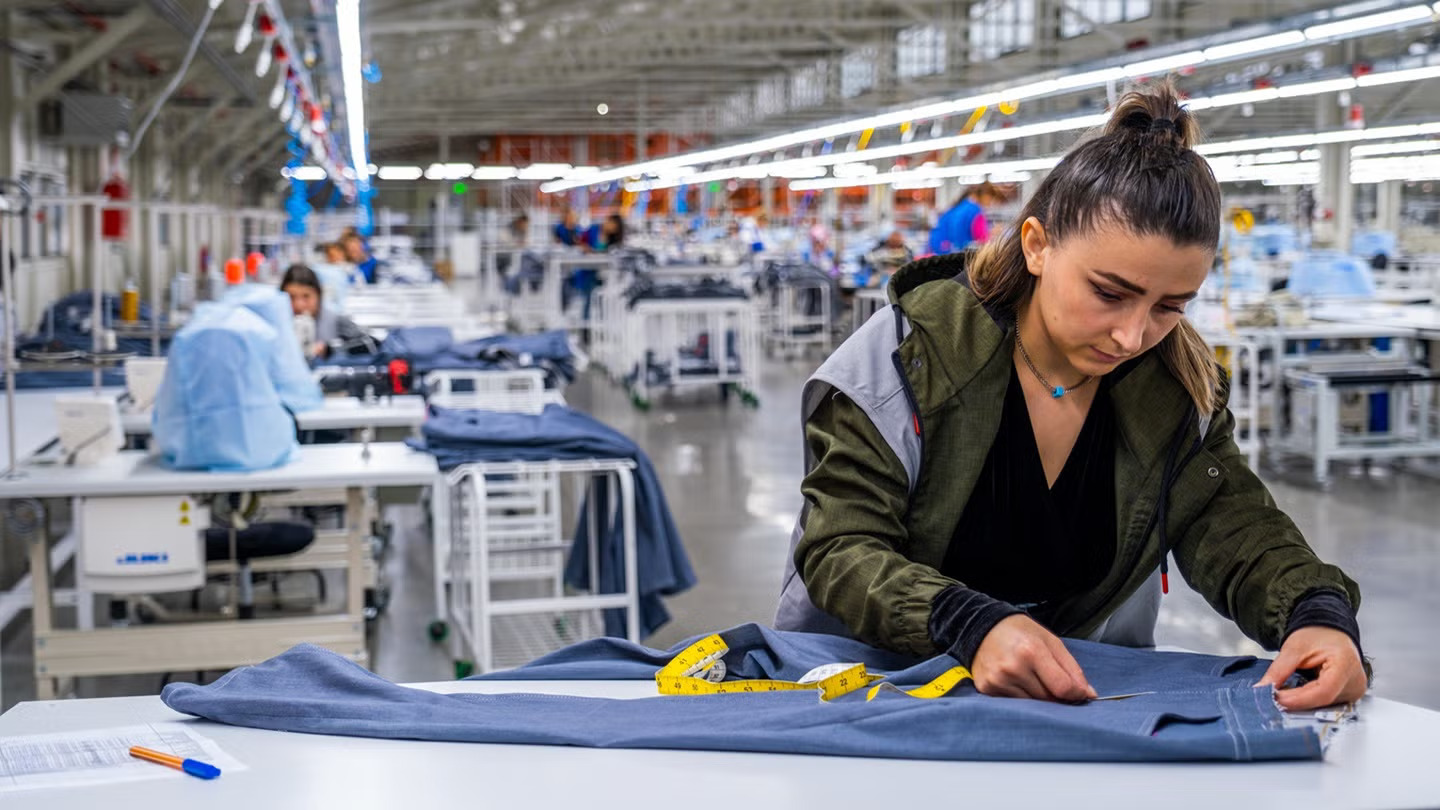
Customs Union modernisation key to EU competitiveness
Mustafa Gültepe, Chairman of the Turkish Exporters Assembly (TIM) and Istanbul Apparel Exporters’ Association (IHKIB), has stressed that the existing Customs Union between the European Union and Türkiye is limiting trade cooperation and must be urgently modernised. Speaking at the event titled “The Transformation Journey of the Turkish Apparel Industry”, Gültepe highlighted that Türkiye’s permanent competitive advantage in the EU market hinges on comprehensive reform of the Customs Union.
“We export approximately 70 percent of our apparel products to Europe. While our nearshore advantage strengthens our competitiveness in markets like Germany, Spain, and the Netherlands, this alone will not suffice in the long term,” Gültepe stated. “We are determined to accelerate our twin transformation digital and green and are actively using EU funds to support this shift, having secured 37 million euros in grants for ongoing and completed projects.”
He noted that the Turkish apparel industry now meets or surpasses European standards in recycling, carbon reduction, digitalisation, and social compliance. “Still, the Customs Union in its current form acts more as a constraint than a facilitator. Full modernisation is essential to secure a sustainable edge in the EU market.”
Turkiye must be included in EU FTAs
Calling for strategic reforms, Gültepe emphasised that Turkiye should be included in the EU’s free trade agreements (FTAs) with third countries to enable diagonal cumulation a move he says is vital for the apparel industry's global competitiveness.
“In line with shifting global economic paradigms, it is imperative that Türkiye be part of the EU's FTAs. We also believe the Customs Union must evolve to reflect new economic realities,” he added.
He warned that the growing global uncertainties from geopolitical tensions such as Israel-Iran hostilities to rising protectionist policies are disrupting value chains and adding financial risk. “Speed, flexibility, and sustainable production are now more strategic than low cost. Türkiye, with its strong production ecosystem, remains the most reliable representative of the nearshoring model.”
Nearshoring, infrastructure, and industry support initiatives
Gültepe highlighted Türkiye’s robust infrastructure from fabrics and accessories to dyeing and sewing as enabling shorter lead times, lower emissions, and faster delivery. “We have a strong logistics backbone and comply rapidly with environmental norms. Our institutions such as the Digital Transformation Center, Ekoteks Laboratory, Istanbul Moda Academy, and İHKİB Academy play key roles in this evolution.”
He announced the launch of the Midas Project, funded by the EU’s European Digital Innovation Hubs (EDIH), which will strengthen digital capabilities for SME-scale manufacturers.
Gültepe also urged buyers to move beyond short-term cost-based sourcing. “Public institutions must incentivise sustainability investments, while buyers should prioritise long-term, value-driven partnerships. Financial institutions and testing bodies must support this shift by aligning lending and standards with industry realities.”
Global leaders back Turkiye’s apparel transformation
International speakers echoed Gültepe’s call for change. Cem Altan, President of the International Apparel Federation (IAF), stated, “Türkiye’s apparel sector is undergoing a deep transformation aligned with EU Green Deal objectives. This event signals a new era of sustainable, value-driven growth.”
Mario Jorge Machado, President of the European Apparel and Textile Confederation (EURATEX), called for urgent action. “Global trade is facing fragmentation. The EU and Turkiye can show the world a model of strategic resilience and sustainable innovation. We urge a swift start to Customs Union modernisation.”
Steve Lamar, President and CEO of the American Apparel & Footwear Association (AAFA), underscored Türkiye’s strategic value: “Turkiye combines strong craftsmanship, quality, market proximity, and existing US brand partnerships. With the right approach, it can be a vital partner in the reshaping of global supply chains.”












